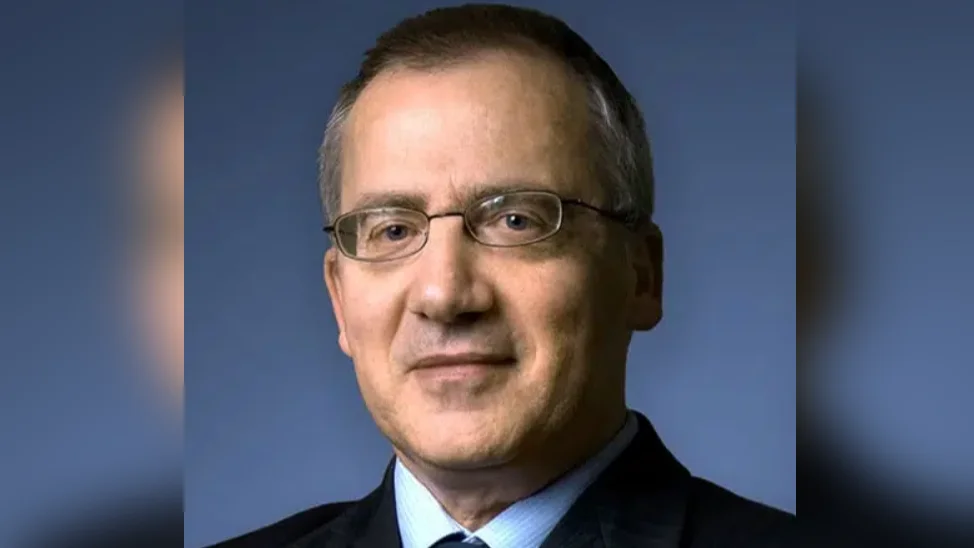
UTHealth Houston has enrolled the first patient in the Southeastern United States into a national Phase I/II clinical trial testing whether a neural cell therapy product can help inhibit the abnormal electrical activity that leads to epileptic seizures.
The patient, a 27-year-old man from Florida who was diagnosed with epilepsy at age 8, had very frequent and severe seizures. His disease could not be controlled through medications. He received the therapy, NRTX-1001, at the end of last month. NRTX-1001 is a suspension of inhibitory nerve cells called interneurons, which were differentiated in vitro from human stem cells. Interneurons, which naturally exist in the brain, release gamma aminobutyric acid (GABA), which selectively blocks or inhibits abnormal electrical signals in the brain that lead to seizures.
According to the Epilepsy Foundation, 1 in 26 people will develop epilepsy in their lifetime. The Centers for Disease Control and Prevention reported in 2021 that 2.9 million adults in the U.S. had epilepsy. In about one-third of adults with focal epilepsy, antiseizure medications do not work, and remaining therapeutic options include surgery to remove the seizure-prone region of the brain.
The interneuron cell therapy, an alternative approach developed by Neurona Therapeutics and cleared by the U.S. Food and Drug Administration for investigation in this clinical trial, is a single-use product administered into the hippocampus—a structure often implicated as a site of seizure onset in drug-resistant focal epilepsy. The interneurons are intended to form new connections in the hippocampus and provide GABA over an extended period. The goal of the trial is to assess the safety and efficacy of NRTX-1001 as a treatment to reduce seizure burden.
“Cellular therapies such as this carry potential for the elimination of seizures without the risk of cognitive decline,” said Nitin Tandon, MD, lead investigator of the Houston trial site and professor of neurosurgery with McGovern Medical School at UTHealth Houston. “They also open the doorway to a range of exciting new treatments for neurological disorders where selective cell populations are lost.”
Tandon also holds distinguished professorships and chairs within UTHealth Houston's various medical departments.
“By reducing epileptic activity, there is hope that memory and cognitive function may improve in these patients,” said Sandipan Pati, MD, associate professor in the Department of Neurology with McGovern Medical School. “Memory is often significantly impaired in epilepsy because seizures disrupt normal neuron function responsible for memory processing.”
© 2008-Present The University of Texas Health Science Center at Houston (UTHealth Houston)